
TEMPO.CO, Jakarta - Center for Strategic and International Studies (CSIS) stated that Indonesia has the potential to become a leading producer of green cement in Southeast Asia. "Because Indonesia is one of the largest cement-producing countries in the region," said Research Associate, Climate Policy Research CSIS, Via Azlia Widiyadi in a discussion session at the Pakarti Center, Friday, June 20, 2025.
Via revealed that the cement industry is one of Indonesia's three sectors contributing to carbon emissions. In addition to cement, CSIS also mentioned the iron and steel industry and fertilizers. "When calculated, these three industries account for almost 82 percent of the industrial sector emissions in Indonesia."
However, Via said there is a trend of growth and commitment from these three sectors to become green industries. "With fairly stable economic growth, the decarbonization of these sectors becomes one of the keys to Indonesia's economic decarbonization," she said.
Reflecting on this situation, Via called on the government to promote the transition of industries towards sustainability. According to Via, the growth of green industries in Southeast Asia has been progressive recently. "Especially for carbon pricing, regulations, and commitments regarding climate and net-zero emissions targets," Via revealed that the green industry is experiencing an increase in global supply and demand.
In addition to cement, Via said Indonesia also has the potential to produce green ammonia as a strategic commodity in the global market. "Fertilizers are commodities that contribute not only to the energy and manufacturing sectors, but also to food security."
Via said that several domestic companies have begun to take initiatives to transition in response to the demand for green steel products. She revealed that the growth of green iron and steel tends to be driven by the international market rather than the domestic market.
According to Via, producing green iron and steel can reduce costs. As a result, green iron and steel prices are not yet competitive compared to conventional domestic products. "Many imported steel products still do not meet environmental standards, creating unfair competition," she said.
Via also highlighted regulations and policies in Indonesia as challenges for the industry transition. "In India, there is already a green steel taxonomy, so an ecosystem has been formed for green steel." In addition to policy barriers, she believes the implementation of green industries also poses its own challenges. Because most factories still rely on using coal.
In response to these challenges, the CSIS has made at least six policy recommendations to the government. First, CSIS calls for strengthening integrated policies to advance the green industry agenda.
Second, CSIS advocates harmonizing rules and certifications for green industries between Indonesia and the global market. "It would be beneficial if the standards Indonesia holds at least help Indonesia comply with international standards," Via said.
Third, CSIS urges the government to increase demand for green products. For example, through the sustainable procurement of goods and services. Fourth, CSIS encourages the reformation of green industry policies. CSIS considers that the majority of green industry policies are still voluntary. "As a result, there is a weak push for the industry to adopt more sustainable practices."
Fifth, CSIS calls on the government to implement carbon pricing in the industrial sector. Finally, CSIS urges the government to develop innovative financing schemes to bridge the gap between the industry and financing providers.
The government is also expected to play a role as a first-loss guarantee to attract private investment, considering the potential for international cooperation, and mobilizing resources domestically.
Editor's Choice: Japan, Indonesia's KKP, and UNDP Launch "seaBLUE" Initiative to Support Coastal Communities
Click here to get the latest news updates from Tempo on Google News
Indonesia Proposes Nine Research Partnerships to ASEAN Countries
20 menit lalu

In addition to cooperation with ASEAN countries, research collaboration is also explored with Japan, Australia, China, the EU, and the U.S.
TNI: USS Nimitz May Transit Malacca Strait if It Poses No Threat
1 jam lalu

TNI explains that the American aircraft carrier USS Nimitz is allowed to transit the Malacca Strait without the coastal state's permission.
Today's Top 3 News: Indonesia Joins 23 Nations in Condemning Israeli Strikes on Iran
3 jam lalu

Here is the list of the top 3 news on Tempo English today.
Indonesia and Russia Forge Partnership on 5G and Cybersecurity
3 jam lalu

The Indonesian government is collaborating with the Russian government to develop digital programs.
Government Responds to Indonesia's Declining Competitiveness Ranking
5 jam lalu
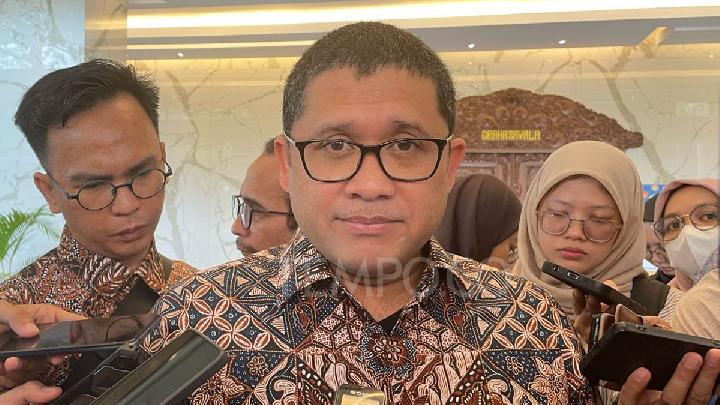
The World Competitiveness Ranking announced that Indonesia's competitiveness dropped 13 ranks in 2025.
Indonesia and Turkey Plunge in Global Competitiveness Rankings
5 jam lalu

Both Turkey and Indonesia dropped 13 places in the competitiveness ranking.
Indonesia's 26 Campuses in QS World University Rankings 2026; UI and UGM Lead
6 jam lalu

A total of 26 universities in Indonesia made it to the QS World University Rankings (QS WUR) 2026. Discover the list here.
Gov't Begins Evacuation of 115 Indonesians from Iran Today, More to Follow
7 jam lalu

Minister stated that the plan to repatriate hundreds of Indonesian citizens from Iran to the homeland will be carried out in several stages.
Japan, Indonesia's KKP, and UNDP Launch "seaBLUE" Initiative to Support Coastal Communities
9 jam lalu
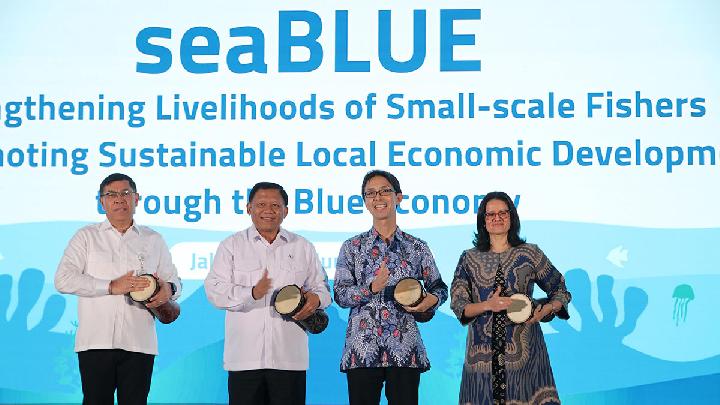
Indonesian Ministry of Marine Affairs and Fisheries (KKP) and UNDP officially launched the seaBLUE initiative. The program is funded by Japan.
Prabowo Recalls Russia's Historic Aid to Indonesia Post-Independence
9 jam lalu
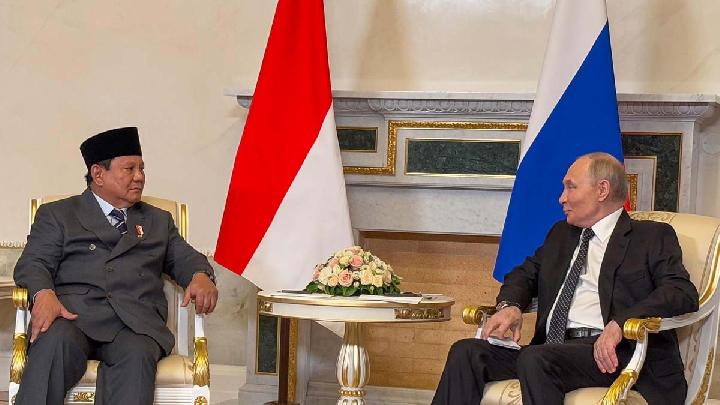
Prabowo mentions that a significant amount of development in Jakarta and other major cities is a result of assistance from Russia.

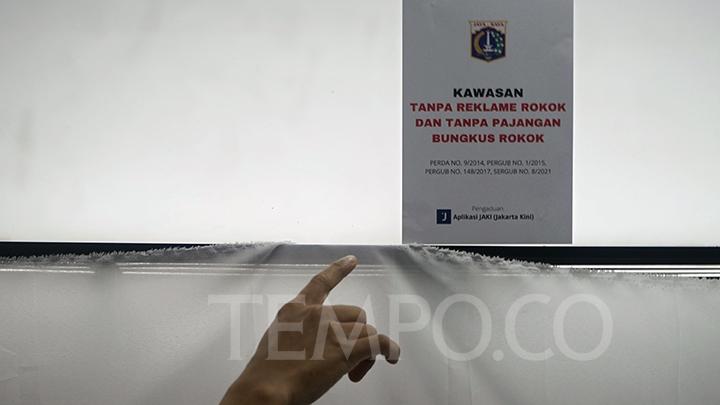


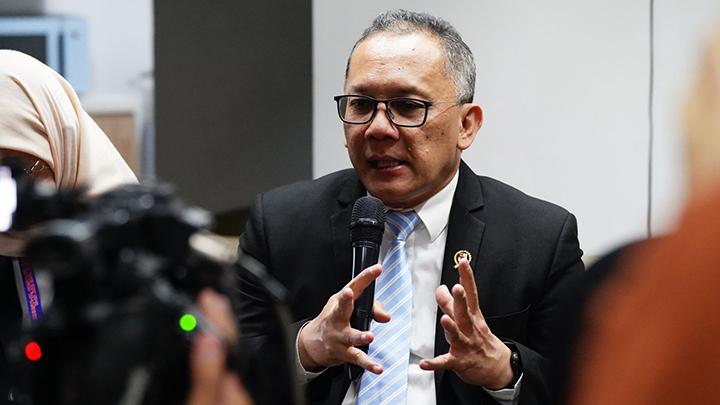




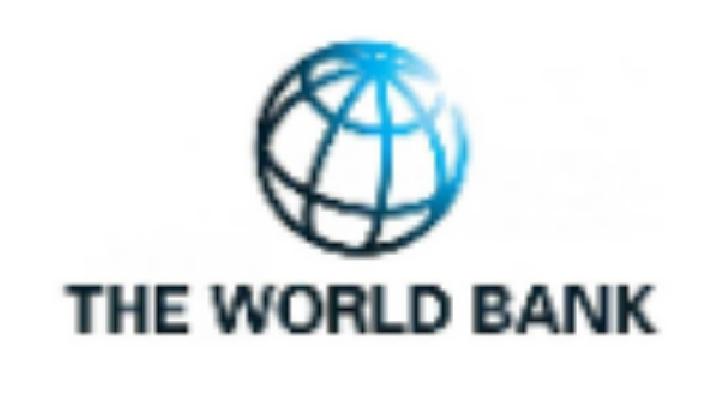


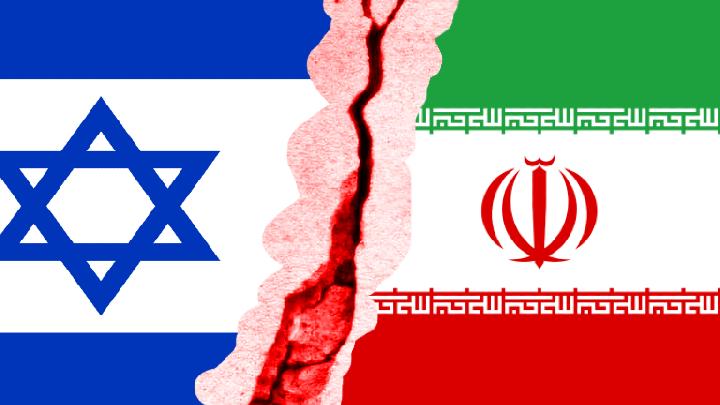






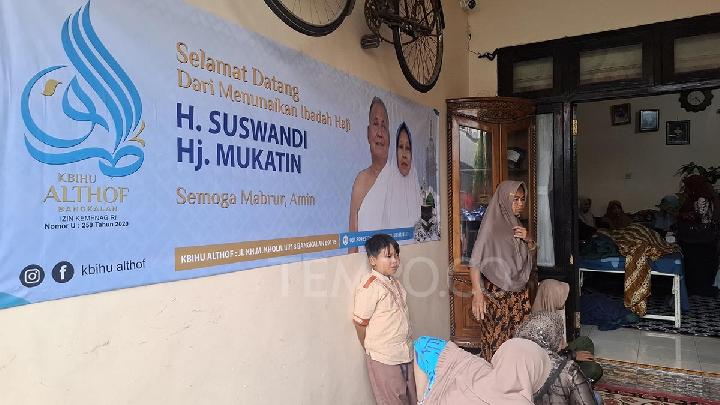











:strip_icc():format(jpeg)/kly-media-production/medias/3977835/original/066021800_1648524608-pexels-ahmed-aqtai-2233416_1_.jpg)
:strip_icc():format(jpeg)/kly-media-production/medias/3449231/original/035609000_1620241432-000_99C2L3.jpg)
:strip_icc():format(jpeg)/kly-media-production/medias/4779768/original/056174500_1711004488-hands-holding-knife-fork-alarm-clock-plate-blue-background.jpg)
:strip_icc():format(jpeg)/kly-media-production/medias/3508689/original/070798000_1626139545-20210713-Elon-Musk-SolarCity-5.jpg)
:strip_icc():format(jpeg)/kly-media-production/medias/1619105/original/061499300_1496997418-ramadan-main.jpg)
:strip_icc():format(jpeg)/kly-media-production/medias/3626995/original/056226000_1636431538-252444828_305857281141144_6357930935168472204_n.jpg)
:strip_icc():format(jpeg)/kly-media-production/medias/4769102/original/014075000_1710171937-20240311-Taraweh_Pertama_di_Istiqlal-ANG_1.jpg)
:strip_icc():format(jpeg)/kly-media-production/medias/5106410/original/089112900_1737608852-Buya_Yahya.jpg)
:strip_icc():format(jpeg):watermark(kly-media-production/assets/images/watermarks/liputan6/watermark-color-landscape-new.png,1100,20,0)/kly-media-production/medias/5140628/original/019242500_1740225866-Persita_Tangerang_vs_Borneo_FC-35.jpg)
:strip_icc():format(jpeg)/kly-media-production/medias/4878826/original/064720000_1719661833-WhatsApp_Image_2024-06-28_at_23.09.07.jpeg)
:strip_icc():format(jpeg)/kly-media-production/medias/3902213/original/084057500_1642045386-pexels-ralph-w-lambrecht-1446076__1_.jpg)
:strip_icc():format(jpeg)/kly-media-production/medias/2265569/original/050855900_1530514161-20180702-Harga-Pertamax-Naik-di-Semua-Daerah--TALLO-4.jpg)
:strip_icc():format(jpeg)/kly-media-production/medias/771429/original/006248600_1416892825-m2.jpg)
:strip_icc():format(jpeg)/kly-media-production/medias/5141412/original/005545700_1740364919-Snapinsta.app_481203089_18446336839077229_3957692586101845976_n_1080.jpg)
:strip_icc():format(jpeg)/kly-media-production/medias/4787912/original/016408900_1711630423-20240328-Penukaran_Uang-AFP_6.jpg)
:strip_icc():format(jpeg)/kly-media-production/medias/5139103/original/083951400_1740056485-Screenshot_20250220_192744_Instagram.jpg)
:strip_icc():format(jpeg)/kly-media-production/medias/4669396/original/057272700_1701340063-male-traveler-montenegro-outdoors.jpg)
:strip_icc():format(jpeg)/kly-media-production/medias/2798777/original/080283400_1557223107-20190508-Tadarus-Masjid-Istiqlal-8.jpg)
:strip_icc():format(jpeg)/kly-media-production/medias/5136140/original/008553400_1739846596-20250218-Tradisi_Nyadran-AFP_5.jpg)
:strip_icc():format(jpeg)/kly-media-production/medias/3022229/original/080968000_1579064783-HL.jpg)